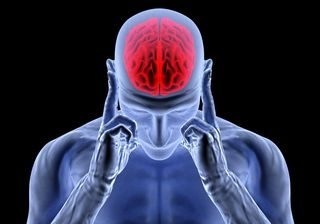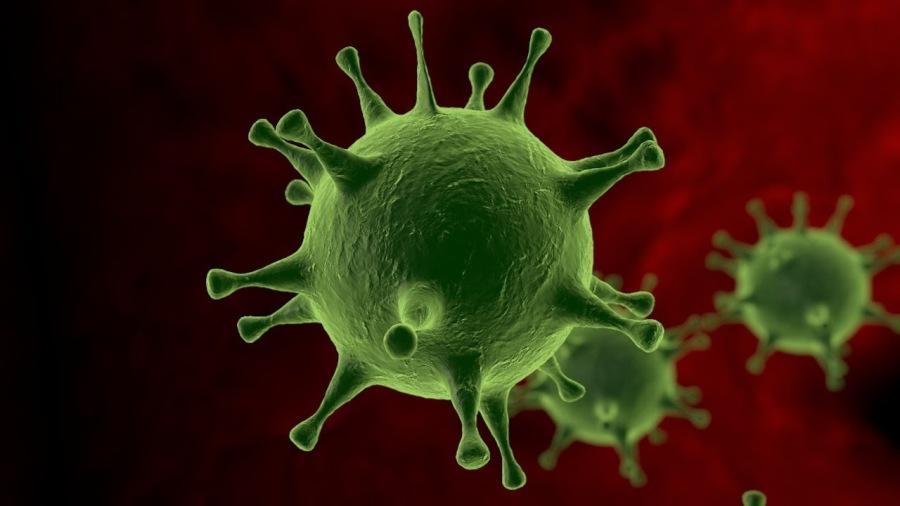Crime, punishment and the brain

It was alleged by his defence team that Oscar Pistorius shot and killed his partner Reeva Steenkamp in a moment of panic. The prosecution on the other hand alleged murder by intent, based on a mind state of rage. The court of appeal, after deliberation, remained non-committal insofar as this core issue was concerned.
As it happens, fight or flight action in response to panic, fear, anger and rage all originate in that small almond shaped structure, the amygdala. There are two of them, each on either side of the brain situated deep in the temporal lobes. The amygdala initiates the fight or flight action through the secretion of high levels of adrenaline, noradrenaline and cortisol. When stimulated, the immediate amygdala fight or flight reflex is triggered much more rapidly than the triggering of modulating circuitry in the pre-frontal cortex, the place of reasoning. The initial action response is therefore unmitigated amygdala. However there are two further neurophysiological facts which have significant relevance in this dynamic:
- The amygdala is stimulated by the very same chemistry that it causes to be secreted, viz. adrenaline, noradrenaline and cortisol. As a consequence one can become locked into a spiral of ever increasing anxiety/panic/rage.
- High levels of adrenaline have been shown to suppress the reasoning function of the pre-frontal cortex.
Based upon these fundamental neurophysiological phenomena we can begin to re-analyse the actions of Oscar Pistorius in that fateful moment. The defence alleged the amygdala hijack syndrome – action driven by a panic-stimulated pair of amygdalae. The prosecution alleged the locked-in amygdala syndrome – the activated amygdalae locked into a spiral of increasing rage, auto-stimulated by its own secretions (also the explanation for road rage). In both scenario’s the reasoning of the pre-frontal cortex is suppressed. Functionally therefore, at the fateful moment of the shooting of Reeva Steenkamp, the brain of Oscar Pistorius consisted only of two highly stimulated amygdalae and the motor system to mediate the driven action.
From a moral and legal perspective, who or what is responsible for this tragic outcome - the suppressed pre-frontal reasoning centre of Oscar Pistorius; the over stimulated and unmodulated pair of amygdalae; or the nurture deprivation that resulted in the over-sensitization of the amygdalae, the seat of fear, anxiety, panic and rage? These are critical questions which have a major bearing on arriving at a fair sentence and implementing an appropriate neuropsychological intervention.
Commentary:
Fundamental to healthy human co-existence is respect for life and property. Ultimately we remain responsible for all that we say and do. But in this described case the deed is done and the emphasis is on seeking appropriate punishment and possibly implementing appropriate intervention to limit the risk of similar action in the future. In deciding the appropriate punishment and planning the most effective intervention one is influenced by the perpetrator taking responsibility for the action and showing genuine remorse. These are the signs that there is life in the pre-frontal cortex which, for any number of reasons, was temporarily suppressed. Unfortunately both of these factors have been conspicuously absent in this case which did not serve to mitigate sentence. It also creates some doubt regarding the effectiveness of psychotherapeutic intervention.
In terms of the fundamental issues raised in this case, we would however need to go a little deeper into the psyche to establish some clarity. Are we as cognitive, emotional beings the products of our neuro-physiology or is our neuro-physiology determined by our cognition and emotions? Secondly, does our psycho-social environment determine our neuro-physiology and consequently, our mind states? I would suggest that the answers can be found in the science of psychoneuro-immunology (PNI). In PNI we recognize the pivotal role that genetics, the in utero environment and the early nurture environment play in the establishment of our core integration. This core integration becomes our subjective world view or personal narrative and determines how we interact with the greater environment. The core integration also interfaces with our immune chemistry and other important metabolic functions. Immune chemistry in turn interfaces with our brains and has profound influences on our neuro-chemistry. In fact depression is currently regarded as the consequence of chronic inflammation (somewhere in the body). My personal interpretation is that much of our subjective perception and behavior is determined by our inherited core integration. Much of our body physiology is also affected by this core integration. But the core integration is not a rigid circuitry. It is dynamic, constantly changing through underpinning neuroplasticity in response to psycho-social feedback and immune chemistry.
The degree of neuroplasticity and thus potential for change inherent in the core integration however is determined by heritage determinants, varying from person to person. Said in another way, our individual potential for transcending limiting beliefs is very much determined by the subjectivity inherent in our personal narratives. In conclusion then, our subjectivity is the comprehensive integration of our heritage determinants, our psycho-social experiences, our neuro-chemistry and the chemistry of the immune system. That's the package for which we must assume full responsibility and for which we will be held responsible!
Copyright reserved - Ian Weinberg 2016
"
Articles from Ian Weinberg
View blog
So there was this virus that originated in Wuhan and spread around the globe. The virus differed fro ...

On the eve of Christmas 2020 it dawns that global confusion reigns supreme. Yes, there is the popula ...

I have always had this passion for flight and flying. One of the highlights of my earlier days · (wh ...
You may be interested in these jobs
-
Chef de Partie
Found in: Talent ZA 2A C2 - 2 days ago
Valor Hospitality Graaff-Reinet, South AfricaJob Description: As a Chef de Partie at The Drostdy Hotel, you will play a crucial role in maintaining the high culinary standards associated with a 4/5-star dining establishment. You will work closely with our Executive Chef and culinary team to ensure the delivery of top-qualit ...
-
sales representative
Found in: Job Placements ZA C2 - 2 days ago
Linq Recruitment Johannesburg, South AfricaClient based in JHB north seeks a Sales Representative with prior experience in flooring/carpeting products. New business development in a wide variety of commercial industries and will include estimating on floor plans, generating quotations and professional client service. Good ...
-

Junior IT Support Engineer
Found in: Talent ZA C2 - 6 days ago
Performit Personnel Port Elizabeth, South Africa Full timeWe are looking for a Junior IT Support Engineer for a Renowned Company in Port Elizabeth. · The ideal candidate will have a passion for technology, excellent problem-solving skills, and a desire to learn and adapt in a fast-paced environment. The Junior IT Support Engineer is a p ...


Comments